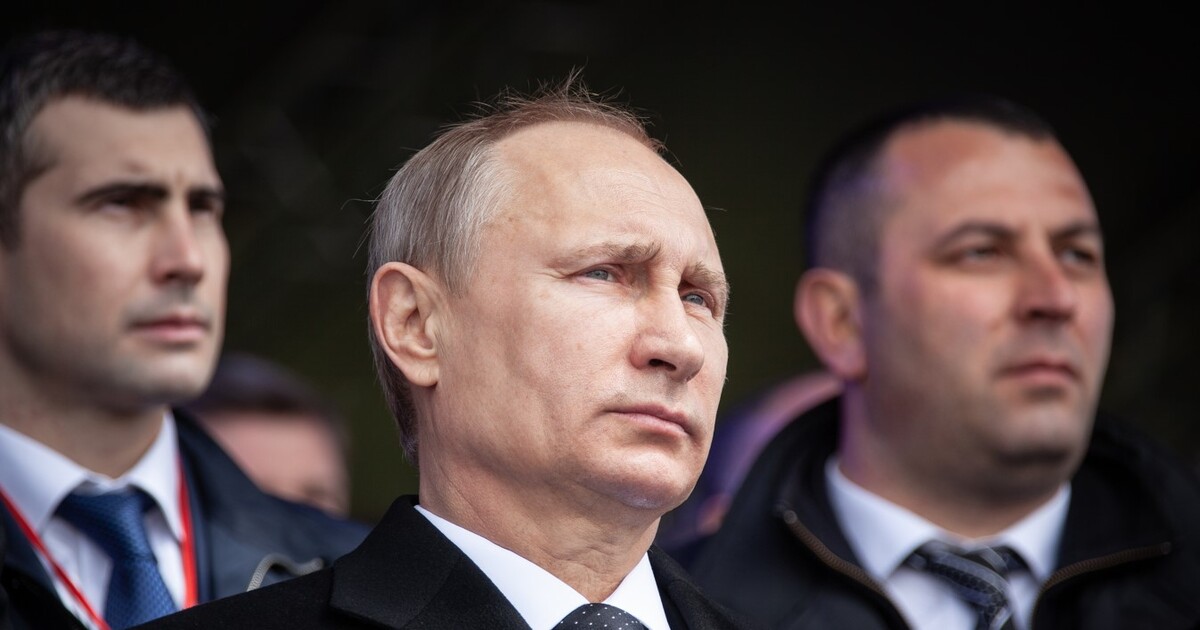What Really Threatens Covid-19 Vaccinations For All
A sustainable approach to the Covid-19 pandemic could produce better health systems: We need to pay more attention to the last mile hurdle.
November 26, 2021

The battle against the most serious global pandemic for over a century is at a critical stage.
Yet more inequality
The effort to vaccinate humanity is the latest front in the campaign against global inequality. After Covid-19 exposed and increased the planet’s vast societal imbalances, it took enterprise, talent and unprecedented global co-operation to develop effective vaccines in record time.
As the year comes to an end, a combination of vaccines, antiviral pills and better antibody treatments offers more hope of recovery from the pandemic, at least for developed countries.
An unequal recovery
But this recovery is not equal. Developed countries – with access to vaccines and financial stimuli to reinvigorate their economies are racing ahead, while the rest of the world is lagging behind.
Fair and equitable access to vaccines remains a key issue: Nationalism, intellectual property and technology transfer issues have put critical vaccine shots outside the reach of many.
Without rapid action, this risks costing lives, stifling economies and delaying economic recovery.
The high cost of delayed vaccinations
By one estimate, the cumulative cost of delayed vaccination alone is estimated to amount to $2.3 trillion by 2025, with developing countries bearing the brunt.
What this means is a lost decade in development, with serious impacts for our future generations.
Needed: More partnership
The same spirit of partnership that helped innovate and approve jabs that could be effective globally against Covid-19 is exactly what’s required now to deliver on that promise and inoculate the world.
More international work
This is a monumental task, with practical challenges of scale and urgency adding to nationalist and geopolitical pressures.
Achieving it will require even greater international collaboration, urgent sharing of technology and doses, and a steely focus on the communities most left behind.
Challenging logistics in developing countries
First, we need to understand the complex nature of the challenge. High temperatures, poor transport infrastructure and a lack of reliable access to electricity for storage mean that cold chain delivery is a far greater logistical task for developing countries than for mature economies.
In addition, getting vaccines from depots to every person, wherever they are on the planet, requires better health systems, supply chains and infrastructure.
Many effects
There are many pieces to this puzzle, from distributing vaccines and managing the cold chain infrastructure to hiring and training vaccinators, communicating clearly with communities and ensuring that medical waste from vaccinations do not fill our lands and oceans, adding to our already-critical climate emergency.
Challenges abound
All this is even more difficult in vulnerable, hard-to-reach locations, fragile states and conflict zones.
Even if doses are in place, paid for and shipped, effective vaccine coverage in the mountains of Afghanistan and the sprawling Democratic Republic of the Congo, as well as in deserts and forests with rural and nomadic populations, is a challenge even under normal circumstances.
UNOPS knows how to manage the logistics
Running UNOPS, the United Nations’ infrastructure and procurement specialists, has taught me that the last mile matters immensely.
From bringing critical drugs and food to forest dwellers across South-east Asia to delivering face masks and sanitizers by canoe in Brazil, getting through to hard-to-reach areas and making genuine progress requires ingenuity and resilience.
For vaccines, with such delicate delivery requirements as Covid-19 jabs, the last mile is simply make or break.
The link between vaccinations and health systems
The good news is that this challenging mass vaccination exercise also gives us an opportunity to build more resilient health systems for a better future.
Once the global will and resources to surmount this challenge are in place, we can work together to ensure that our response to the pandemic leaves stronger health systems behind. Collaboration across various actors and sectors is key in getting our response right.
Let me give you some examples of what this has meant in practice for UNOPS.
UNOPS experience
In Cambodia, with funding from the Government of Japan, UNOPS is procuring a 32-bed modular hospital ward as well as medical equipment and supplies.
In Mozambique, UNOPS is procuring ambulances in partnership with the Ministry of Health and with in funding from the Islamic Development Bank.
In Papua New Guinea, UNOPS is helping improve access to water and sanitation facilities to support Covid-19 preparedness and prevention as part of a project funded by the European Union and delivered in partnership with UNICEF.
The need for sustainable vaccination infrastructure
If infrastructure for vaccination clinics is created in a sustainable way, it can better serve communities after the pandemic as well as produce results on the Covid-19 frontline, saving lives and protecting people.
From solar water heaters to cold chain facilities and medical waste incinerators, the latest sustainable solutions can benefit communities in the long-term.
Conclusion
The pandemic has revealed not just deadly inequalities, but also key fault lines in health systems, supply chains and logistics.
We owe it to our world to build on lessons learned, tackle vaccine inequality and build foundations for more inclusive, resilient and sustainable health systems globally.
This way, a world with better global health infrastructure can be the lasting legacy of the pandemic. To get there, we must make sure we work together on this global final mile and cross the finish line together.
Takeaways
The effort to vaccinate humanity is the latest front in the campaign against global inequality.
The cumulative cost of delayed vaccination alone is estimated to amount to $2.3 trillion by 2025, with developing countries bearing the brunt.
To inoculate the world will require greater international collaboration, urgent sharing of technology and doses, as well as a steely focus on the communities most left behind.
Mass vaccination also gives us an opportunity to build more resilient health systems for a better future.
We owe it to the world to tackle vaccine inequality and build foundations for more inclusive, resilient and sustainable health systems globally.
Without rapid action, inequitable access to vaccines risks costing lives, stifling economies and delaying economic recovery.

